As your baby nears 6 months old and teeth begin to erupt, now is the time to start thinking about introducing solids. This decision is as important as your decision to breastfeed or formula feed because it can affect your baby’s development and growth. This article will give you the basics as you start the solid feeding journey including when it’s time to introduce solids, what solids to start with and the pros and cons of making homemade baby food.
Keep in mind that this time-frame is very important to your baby’s continued growth and development. A recent study by the American Academy of Pediatrics found that optimal nutrition in the first two years of life is crucial to your baby’s brain development. Specifically, vitamins A, D, B6 and B12, as well as zinc, iron, and folate are essential for your baby’s healthy brain development. So let’s get started!
When is it time to introduce solids? The American Academy of Pediatrics recommends starting your baby on solid foods when your baby is developmentally ready, usually around 4-6 months. There is no magic month or day to start. Follow these signs to know when your baby is ready to start eating “real” food:
• Head control: Your baby should be able to sit upright in a high chair or feeding chair with good head control.
• Food cues: Your baby might be watching you eat, reaching for your food, or opening his/her mouth - all signs your baby might be ready to eat!
• Tongue thrust: Babies are usually ready for solids when they can successfully transfer food from the spoon into the back of her mouth. Be prepared, starting solids is MESSY! If your baby is dribbling too much, maybe wait a week or two and try again.
• Baby’s weight: In general, babies double their weight by about 4 months of age. The average weight of babies starting solid foods is somewhere around 13 pounds.
What foods should I start with?
For most babies, it doesn’t matter what food you start with. Many moms start with a single-grain cereal followed by a pureed fruit or vegetable. Once your baby learns to eat one food, it’s okay to introduce him or her to another food. It’s recommended to only give your baby one food at a time and wait a few days to make sure she has no allergic reactions like diarrhea, a rash or vomiting. If you think your baby has an allergic reaction to a food, talk to your pediatrician. Here are a few other pointers:
• It doesn’t matter if you start with a fruit or vegetable. Though pediatrician opinions might vary on this, there is no evidence that a baby will develop a dislike for vegetables if you start with fruit. What’s most important is that your baby has a balanced diet.
• If you use dry baby cereal, add breast milk, formula or water to it and make sure it’s fortified with iron.
• It’s okay to introduce some potentially allergenic foods, such as eggs, dairy, peanuts, or soy around 4-6 months of age. Be aware of any allergic reactions and make sure you introduce only one food at a time.
• You can also introduce soft finger foods once your baby starts bringing his or her hands or other objects to her mouth. But make sure anything you give your baby is soft, easy to swallow and cut into bite-sized pieces to prevent choking. Great examples of foods to try to include scrambled eggs, well-cooked pasta, finely chopped chicken, cut up potatoes, peas or small pieces of banana.
To make homemade baby food or not? We recommend that all moms try making homemade baby food – especially since it’s a lot easier than you probably think. The benefits of homemade baby food are numerous, including knowing exactly what is going into your baby’s body and avoiding the preservatives, artificial colors or flavors, or added sugar that is harmful to your baby’s development and are oftentimes included in store-bought baby food.
If you have the right tools, making homemade baby food can be super easy and convenient like our One Step Food Maker Deluxe that automatically steams and blends baby food at the touch of a button. Literally, you just press a button and the appliance steams, then blends in minutes.
If you decide to make homemade baby food, chances are you’ll save hundreds of dollars vs store-made baby food and continue giving your baby a head start on their development.

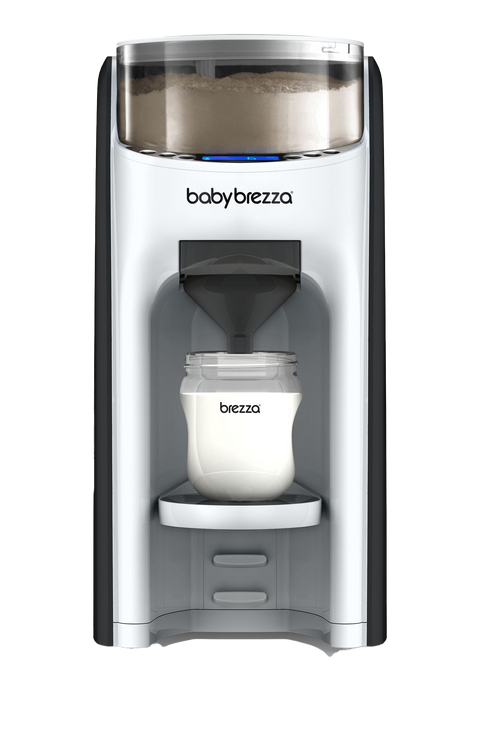
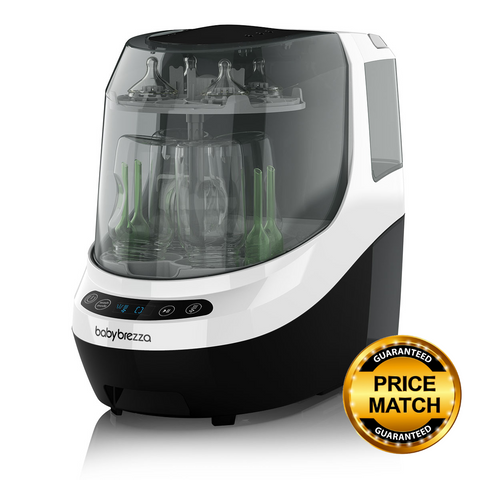
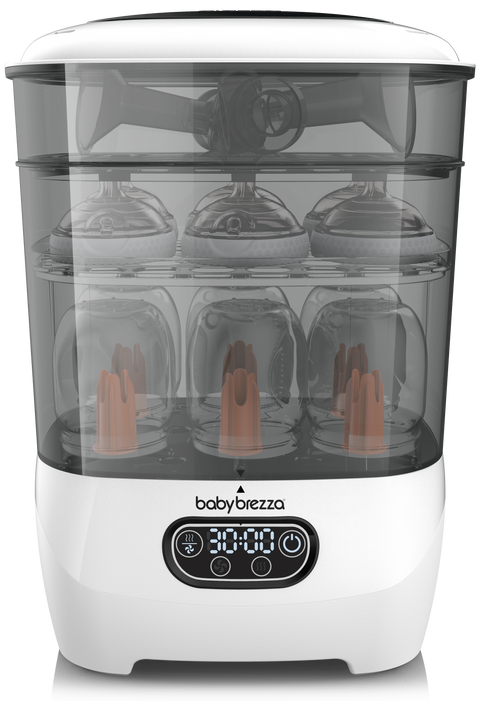
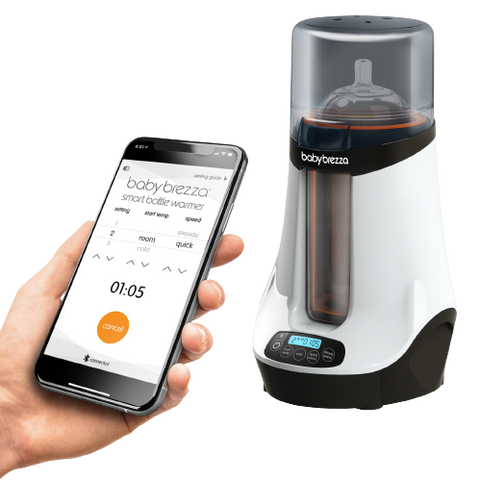
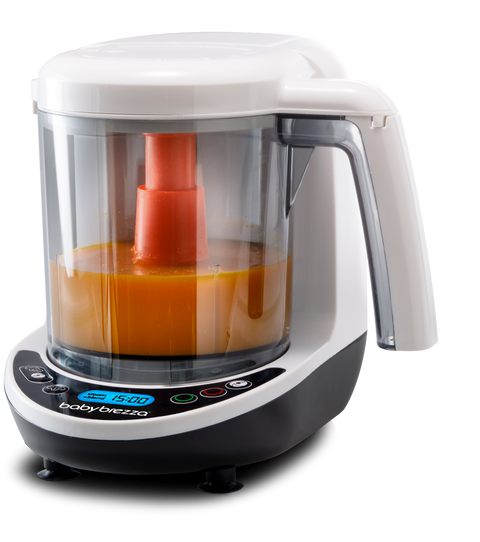
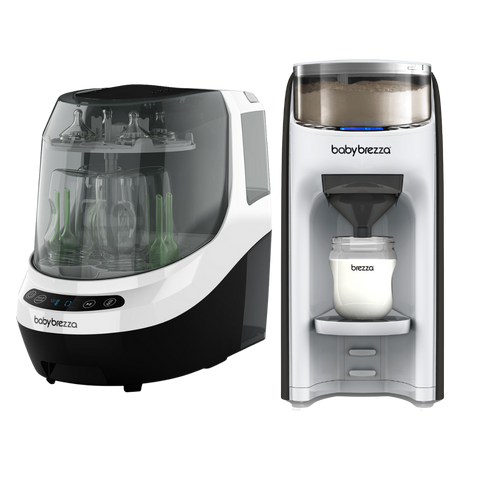
 TikTok
TikTok